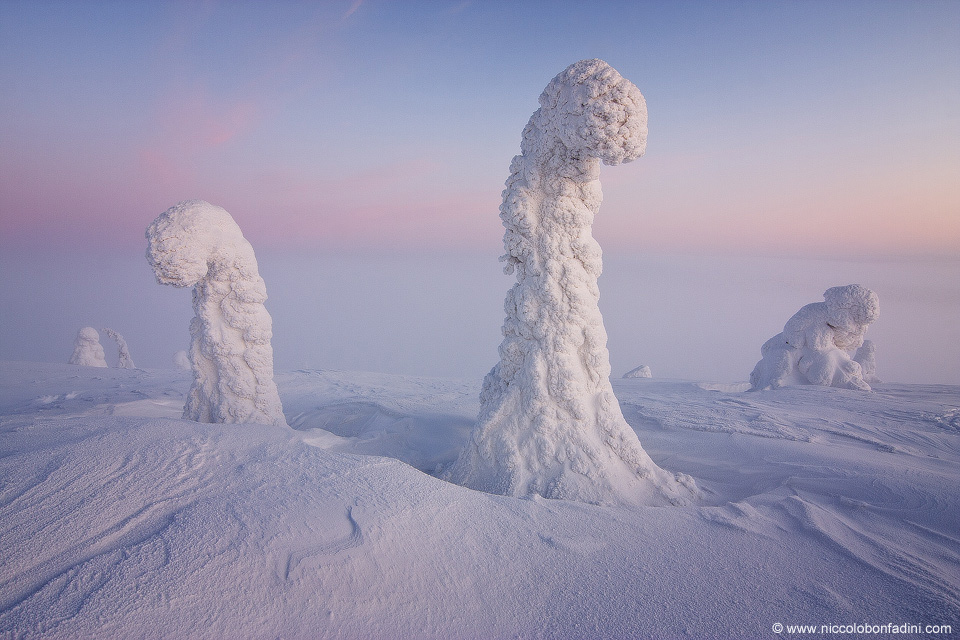RTE Guide: Why Science
This short piece was written for the RTE Guide to promote The Science Squad on RTE 1, starting June 14th at 7pm
Why Science?
Jonathan McCrea
Though I never knew it, I was born at a time when science was particularly cool. In the late seventies NASA was exploring the skies with the shuttle missions, enormous computers were starting to show us a scary glimpse of the future and the explosion of genetic research was suddenly throwing up all kinds of possibilities from ridding the world of disease to ending famine. Sadly, by the time I got to secondary school and began to learn science, all that had changed. It is one of the greatest shames of modern times that knowledge (what the word “science” actually means) and the pursuit of it became somehow “uncool”. Despite achieving the highest possible grade in Leaving Cert for Chemistry, I never thought of it as a career because I had been brainwashed into thinking Chemistry was for “losers”.
Thankfully, nearly 20 years later that is finally changing again, and for good reason. Irish science is enjoying a bit of golden era right now. In the league tables, we are punching well above our weight in fields like genetics (ranking 1st globally) and nanoscience (6th) to name just two. We are also generally getting better at recognising the enormous achievements of those who have dedicated their lives to discovery. Science stories now feature prominently in radio, television, print and online. Investment in technology in this country is booming bringing world-class companies to our doorstep. Even in these challenging times, budgets for research are ringfenced as ministers and milkmen realise that the real chance of recovery lies in developing smart people for a so-called ‘smart economy’.
This is what science is: the best possible method of examining and exploring the world around us. I now know I would have been a rubbish chemist (so the world suffered no great loss), but I never stopped being curious about anything and everything. As a child I was addicted to Tomorrow’s World, a BBC documentary that showed us the aspirational side of science of the time (funny that I never really saw it as “science”, until I was much older). I loved seeing what possibilities the future could hold and imagining the world we would live in 20 years from then. That was 20 years ago. We live in Tomorrow’s World today and yet we still have so many more questions. How did our universe really form? What is matter really made of? Are we alone? These are the biggest, most fundamental questions in life, and there are Irish scientists, engineers and mathematicians out there, looking for the answers.
Image Credit: “Sentinels of the Arctic”
by Niccolò Bonfadini
